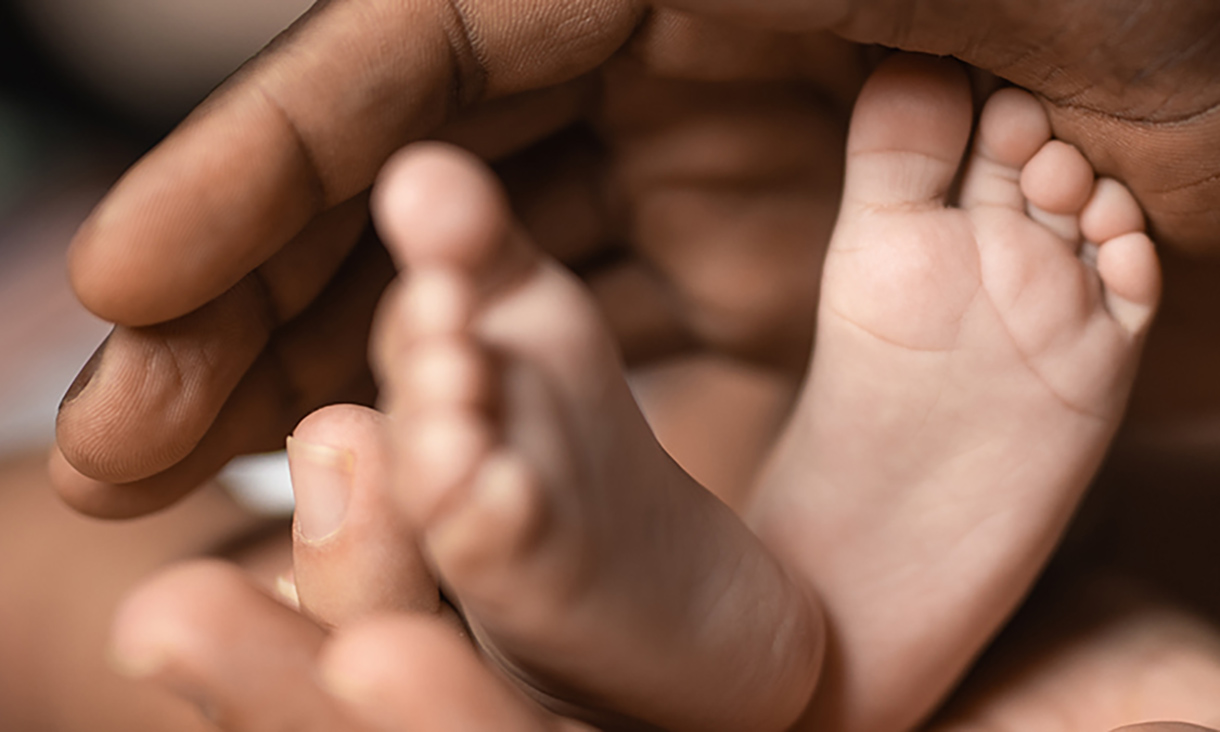In recent years, the call to decolonise research has gained momentum, advocating for methodologies that respect non-Western knowledge and integrate indigenous perspectives. For PhD students embarking on research, understanding and implementing decolonising principles is crucial for conducting ethical and respectful studies no matter your topic. This blog offers practical steps to guide PhD students in this transformative approach.
What Does Decolonising Research Mean?
Decolonising research challenges Eurocentric methodologies that historically marginalise non-Western knowledge systems. It is not merely a set of methods but an approach that transforms the research process and the identities of researchers. According to Chigevenga, decolonising methodologies create spaces that enable meaningful engagement with indigenous knowledge and voices from the Global South.
Many of PhD students at the College of Business and Law at RMIT, where I teach, come from non-Western countries. Yet, all the knowledge they draw on in their PhD's is from Western sources. I often wonder what the personal cost of a PhD is when it ignores the intellectual traditions of the place from which the candidate hails.
- Decolonising research will mean different things to different PhD students. For a Vietnamese doctoral candidate, for example, it may mean taking local intellectual traditions seriously and integrating them into the PhD. These traditions may not found in top journals, so the students will have to look elsewhere.

From extractive to value adding: How to decolonise your research methods
A great deal of academic research is extractive, in the sense that it takes information from 'respondents' without giving them anything back in turn, or asking them how they want to participate in the research. It is undertaken with their formal consent, but does not research subjects as genuine 'participants' or 'equals'.
Decolonising research begins with recognising the self-determination and sovereignty of your research participants, whether they are indigenous or not.
For those engaging with Aboriginal and Torres Strait Islander communities in Australia, ethical research involves adhering to guidelines such as the AIATSIS Code of Ethics. The AIATSIS Code outlines four principles that underpin ethical Australian Indigenous research; these are: Indigenous self-determination, Indigenous leadership, impact and value, and sustainability and accountability. Each principle frames a set of responsibilities for researchers, institutions and review bodies when conducting Aboriginal and Torres Strait Islander research. Aboriginal and Torres Strait Islander research includes all research that impacts on or is of particular significance to Aboriginal and Torres Strait Islander peoples, including the planning, collection, analysis and dissemination of information or knowledge, in any format or medium, which is about, or may affect, Indigenous peoples, either collectively or individually.
These principles are compulsory if you are researching indigenous peoples. They are worth adopting for those who are researching non-indigenous peoples, as well, because they will increase the ethics and quality of your outcomes.
Practical Steps for PhD Students
How do we put these principles into practice in our research?
1. Building Relationships and Trust with Research Participants
Trust is foundational in decolonising research. Building trust involves respectful engagement, listening deeply to the needs and perspectives of the populations we are researching, and prioritising their knowledge and experiences. PhD students should approach research with humility, recognising that they are learners in the process.
- Whether you are approaching the CFO of a business about which you want to conduct a case study, or the elder of an indigenous community, the research should begin with deep listening about the participants' interests in the research, and what they want to get out of it.

Deep listening is key: Image created with Dall-e
2. Build Cultural Competence
Cultural competence is not a static achievement but a continual process of learning and adaptation. It involves critically examining social, political, and historical contexts and engaging with indigenous knowledge systems.
If PhD students are conducting research with indigenous peoples, they should seek to understand the diverse laws, languages, cultures, and histories of the communities they are engaging with, avoiding generalisations and respecting the uniqueness of each community.
Being culturally competent is important, no matter what population you are studying. If you are not sure what I mean, think about social and institutional hierarchies in Australian universities. I find that students of all levels struggle to understand these social protocols. They are often fooled by the lack of formality, assuming that there are no social hierarchies and offending their lecturers.
- Even for PhD students engaging with non-indigenous populations, awareness of the distinct culture and protocols of the population studied is a big advantage. Every organisation has its own culture. Understanding it is not only respectful, it will reduce the chance of misunderstandings and mishaps in the course of the research.
3. Create Benefits and Sustainability
Decolonising research brings mutual benefits to both researchers and the populations studied. These benefits might include employment opportunities in the data gathering or dissemination processes, research training, access to research findings, and support for cultural and educational initiatives. The AIATSIS Code of Ethics stipulates that sustainability is also a key consideration, ensuring that research outcomes benefit current and future generations of indigenous peoples. This includes returning data and materials to communities and establishing appropriate archiving practices.
- Carefully considering the long-term benefits of your research for the population you are studying will increase its longevity and relevance, as well as making sure it is less of a drain on the population you are studying.
4. Empower Research Populations and Foster Leadership
You should aim to empower the population that you are studying. The AIATSIS Code of Ethics stipulates that research with First Peoples should respect and foster indigenous leadership whenever possible. Indigenous leadership ensures that research priorities, values, and perspectives are central to the study. Where indigenous researchers are not available within the populations studied, PhD students should collaborate closely with indigenous organisations and community leaders, building research capacity within the community.
- Again, this is a great principle to follow no matter what population you are studying. Let's imagine you are conducting a study of the human resource management practices of a business. You might co-develop the research protocol with the HRM team, training them in research techniques they have not already developed. That way, they can both implement the research, increasing the likelihood of a high response rate, and have joint ownership of the findings, benefiting the individuals involved, and organisation in the long term.
5. Creating Research Agreements
Developing research agreements or protocols is a great way to enunciate and formalise all these steps. These agreements outline roles, responsibilities, and understandings about the research process, ensuring that the rights and interests of the research participants are protected. Such agreements may include formal documents like Memorandums of Understanding (MOUs), which articulate the terms of collaboration, data management and intellectual property.
Conclusion
Decolonising research is a vital and ongoing process that challenges traditional methodologies and embraces non-Western knowledge and perspectives. For PhD students, adopting decolonising principles means conducting research that is ethical, respectful, and transformative.
Originally published on LinkedIn
Author:
Professor Shelly Marshall, Graduate School of Business and Law, RMIT University






